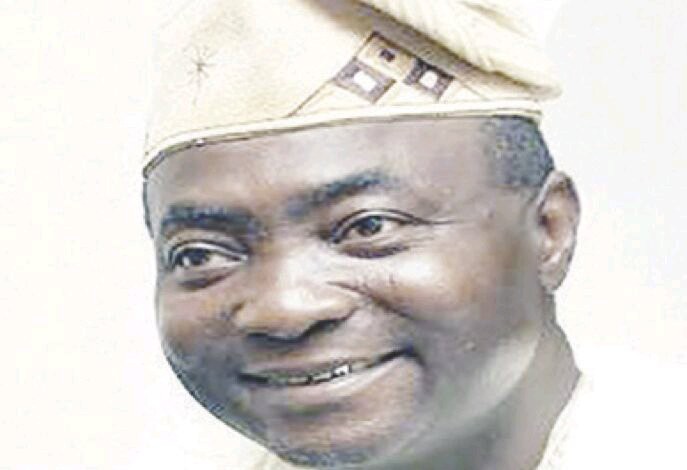Musibau Taiwo Kolawole, a former member of the House of Representatives from Ajeromi/Ifelodun Constituency in Lagos State and a former deputy speaker of the Lagos State House of Assembly, has weighed in on the state of the nation, including reflections on Nigeria’s 25 years of democracy. In a recent interview with The Sun, Kolawole addressed several pressing national issues, such as the conduct of elections and the suitability of the parliamentary system for the country.
Kolawole’s insights into the state of Nigerian elections come at a time when the integrity of electoral processes is under scrutiny. Responding to criticism of how elections have been managed, Kolawole pointed to specific regions where electoral malpractice has been prevalent. He expressed concern that the worst examples of electoral misconduct in 2023 occurred in the Eastern states, yet this issue has not been adequately highlighted or discussed. Kolawole’s perspective suggests a regional disparity in the electoral irregularities that Nigeria has experienced.
Drawing comparisons to past elections, Kolawole remarked that there has been a notable shift in voting patterns across Nigeria. He recalled that in previous years, some states in Northern Nigeria could produce votes in the millions, a phenomenon that is no longer observed. This change, he suggests, is indicative of evolving political dynamics and the impact of more vigilant electoral practices. Kolawole’s comments reflect a belief that while electoral integrity is improving, the system still faces significant challenges.
Kolawole also referenced electoral controversies beyond Nigeria, using the United States as a point of comparison. He acknowledged that even in countries like the United States, elections are not free from controversy and irregularities. However, he posed a rhetorical question about the extent of these irregularities, asking if they are significant enough to warrant a complete cancellation of election results. This comparison underscores Kolawole’s belief that while no election can be entirely free of flaws, the goal should be to minimize irregularities to a level that still upholds democratic integrity.
His commentary highlights the reality that achieving a flawless electoral process is an ideal rather than a practical expectation. According to Kolawole, it is unrealistic to demand a 100 percent free and fair election. What is essential, he argues, is having a substantial portion of the process that meets acceptable standards of fairness and transparency. This view emphasizes the importance of continuous improvement in electoral systems rather than seeking perfection.
Kolawole’s insights into the broader political structure suggest a critique of the parliamentary system for Nigeria. Although he did not delve deeply into specifics during the interview, his remarks imply that such a system may not align with Nigeria’s unique political and social dynamics. This perspective invites further discussion on the suitability of different governance systems in addressing Nigeria’s challenges.
He said: I know it is in the Eastern states that we had the worst election in 2023, but nobody wants to say it. In the past, you could mention four or five states in Northern Nigeria where you would get millions of votes, but it can’t happen anymore. Even though the American election is contentious, the question is; is the irregularities enough to cancel the whole results? Nobody can have a 100 per cent election that is free, but when you have a substantial number of it you can say, yes….Vïêw–Môrê

